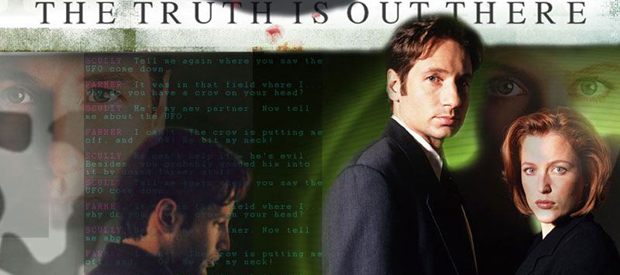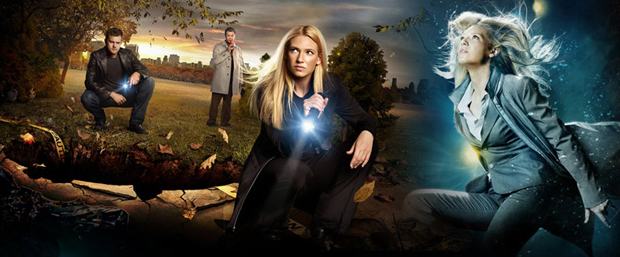Your authorization says shoot your nation
NewsOne recently published an interview with an anonymous Black cop on the NYPD, where they asked him for his thoughts on police brutality and racism in the wake of a string of high-profile stories about overkill shootings, grown-ass male cops appropriately
punching 17 year old black girls in the face over suspected jaywalking, etc. The fact that the cop being interviewed happens to be Black ends up contributing basically nothing to the interview — so, hey, it turns out that Black police think and act like police, and they generally defend their colleagues and their own professional interest in being able to inflict violence with impunity. But the interview is interesting for a few things: a really amazing display of cognitive dissonance; an amazing exercise in unintended irony; and one of the few times you’ll see a cop actually come out and just say it in public.
First, the cognitive dissonance. When NewsOne asked him about race relations
at the NYPD, Officer Anonymous says his gang brothers like to tell racist jokes to their colleagues, and discriminate against people based on their appearance, taking signs of urban Black culture as being (in and of themselves) evidence that somebody ought to be treated like a criminal, up to and sometimes including targeting, harassing and arresting people over how they look:
Officer: . . . If anything, the only thing I could comment on is that some officers believe there is a certain !!!@@e2;20ac;2dc;look' that most perpetrators have and that tends to be those who follow the trends of urban Hip Hop culture. That would consist of cornrows, saggin jeans, earrings, fitted caps, etc.
So, if a cop fits this mold in his civilian clothes, they often joke !!!@@e2;20ac;2dc;you look like a perp.' I believe some of them try to mask it behind a few smiles, but they really believe that. Though, many do fit this !!!@@e2;20ac;2dc;profile', at least in the communities I've worked in, it's still an unfair generalization.
Newsone: Have you seen officers unfairly target individuals who look like this?
Officer: As I said earlier, though its wrong and not right as law enforcement, I have seen that type of behavior and at times [it’s] led to arrests.
Then he says he’s never encountered any racism from his superiors or fellow officers:
Newsone: Have you ever encountered any racism from your superiors or fellow officers?
Officer: I have not.
Elsewhere in the interview, he’s asked about the recent 46-shot overkill police shooting in Harlem, where NYPD cops lit up Angel Alvarez at a late-night part — hitting him 21 times, killing Luis Soto (the main they were supposedly intervening to save) with 6 gunshots, and hitting 3 bystanders, and one of their fellow cops, in the process. (This is, of course, the same city government police force that lit up Sean Bell (50 shots, killing an unarmed man) and Amadou Diallo (41 shots, killing an unarmed immigrant who was holding a wallet so that he could show the cops his ID). Officer Anonymous wants us to go easy on the Gangsters in Blue, and wait until Official Sources tell us what to believe about what happened.
Newsone: What about the recent event in Harlem where a cop shot a man 21 times?
Officer: A lot of the facts haven't come out yet. Many in the department are mad because the media is so quick to paint us as the bad guys. I suggest people wait until all the facts come out.
Newsone: But you can understand the rush to judgment in a city like New York where Louima, Diallo, and Sean Bell occurred?
Officer: I do understand that, but think about all the other incidents where people jumped the gun and were wrong about us.
Gosh, that’s tough.
It must be so hard for the police, what with how people get the situation wrong, and jump the gun.
Further down, NewsOne asks Officer Anonymous about the NYPD’s standing policy of subjecting random people of color to unreasonable searches and seizures. It’s not often that a police statist will come out and just lay certain things on the line; but here we go. Emphasis mine.
Newsone: What do you think of the NYPD's stop and frisk policy?
Officer: The stop and frisk policy is an important tool in helping the department curb serious offenses.
Newsone: I disagree. It is a violation of our civil rights.
Officer: It is, but at the same time, crime would have never gone down in the Giuliani era to now if it weren't for these small measures.
Officer Anonymous goes on to say Sometimes you have to do things that may not be approved by the public to make everyone safer.
By which he means that police should roam the streets with unchecked power to stop and search anyone they damn well please — for no reason at all — in open contempt of the civil rights of their victims. The same racist-ass, hyperviolent, power-tripping, domineering, twitchy police who have proven themselves more than willing to beat up anyone who questions their actions, to torture those who won’t comply
with their arbitrary bellowed orders, to open fire into a crowd at late-night parties, and to light up unarmed men with dozens of shots during routine stops. Does that make you feel safer on the streets of New York City?




![Ask Axe Cop #31: Q: Dear Axe Cop, I think my girlfriend might be a villain. How can I tell? A: Has she been acting kind of strange? ... Acting like she wants to punch you? ... This is why I spy on people. Axe Cop: "Yep, she's a BAD GUY.". ... [AXE COP crashes through the window with his axe out, yelling:] "STOP!" [GIRLFRIEND screams as the axe is swung over her head.] [CHOP!] Boyfriend: "You... CHOPPED my girlfriend's HEAD OFF!" ... Axe Cop: "She was on my list of ALL THE BAD GUYS." ... Axe Cop: "I just SAVED YOUR LIFE."](http://radgeek.com/gt/2010/04/ASK-AXE-COP-31.png)